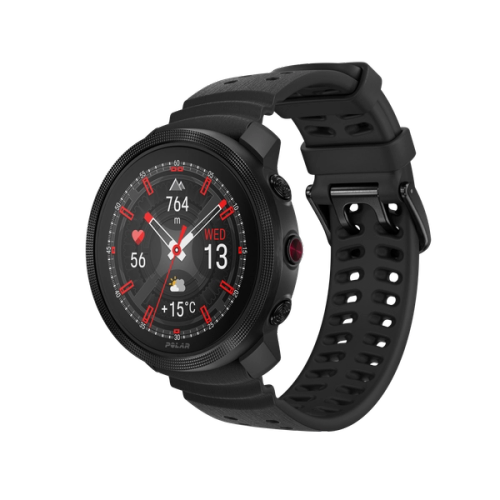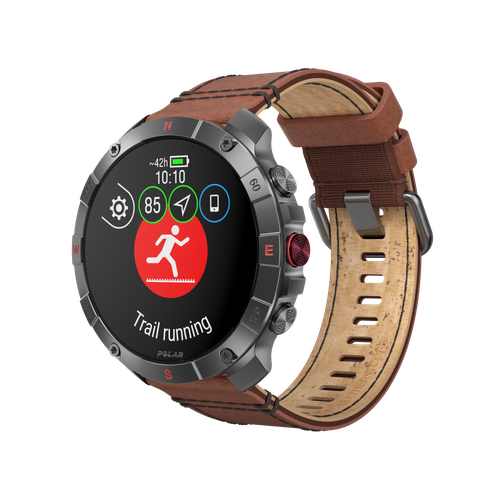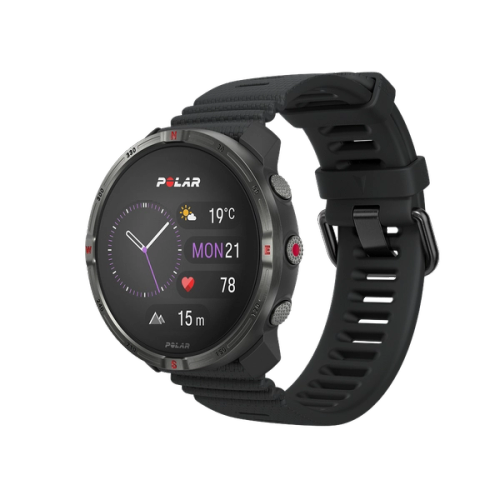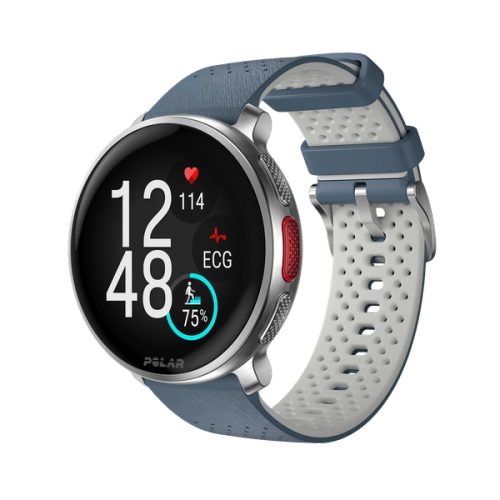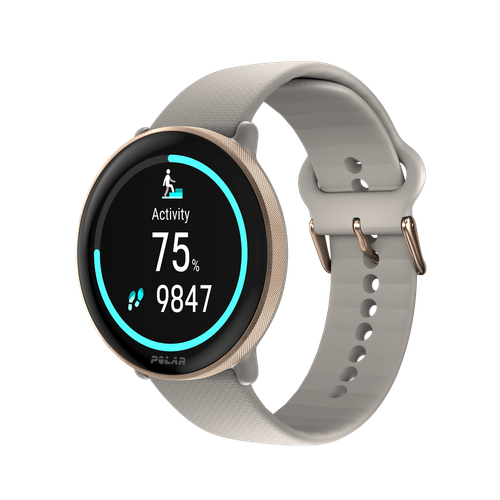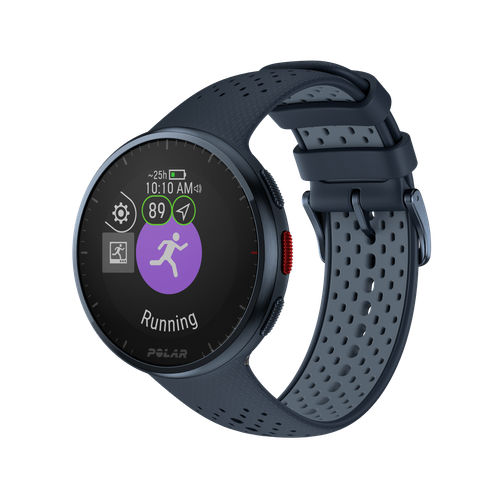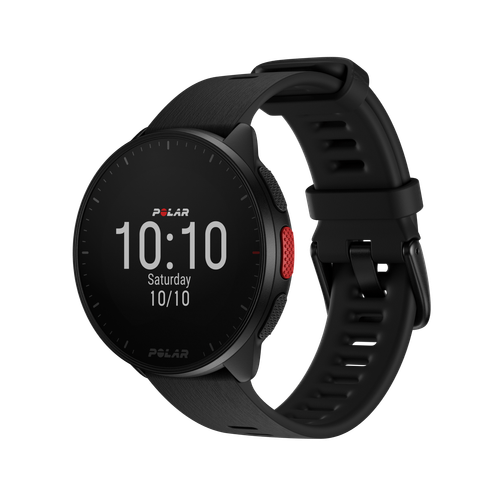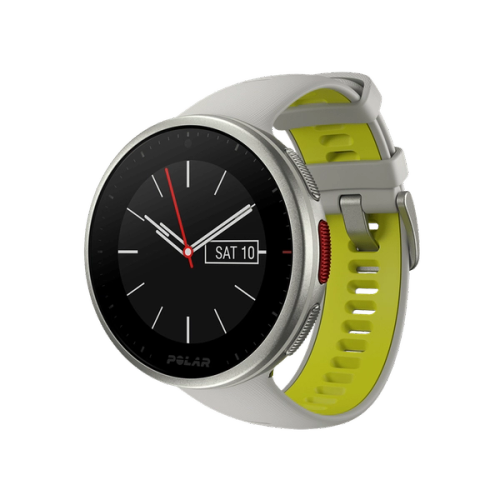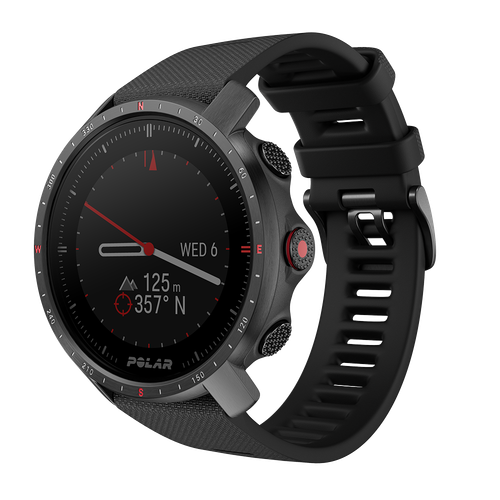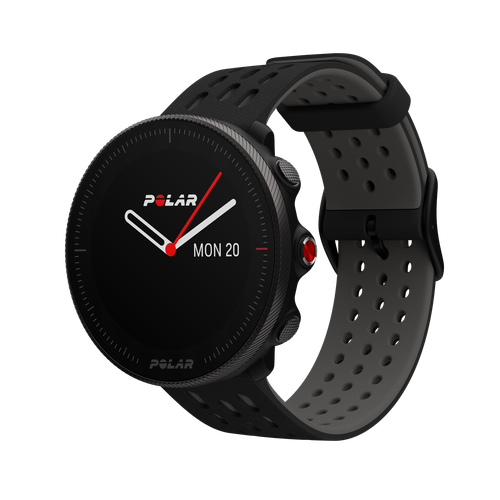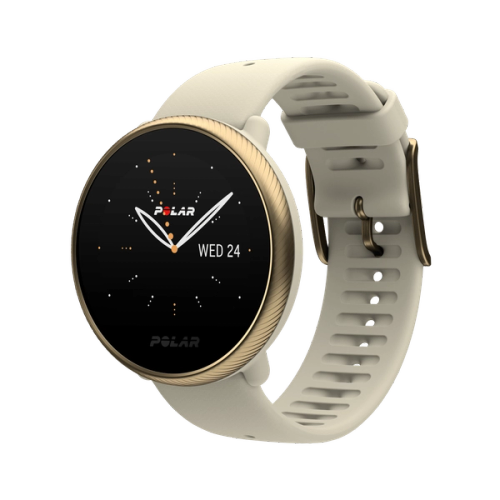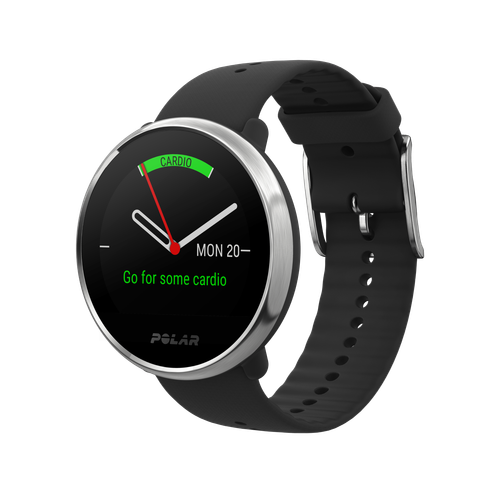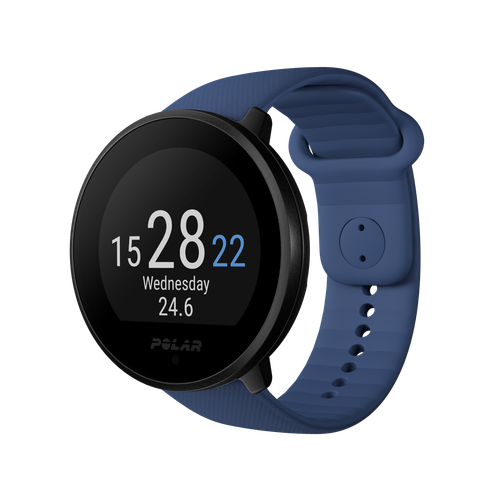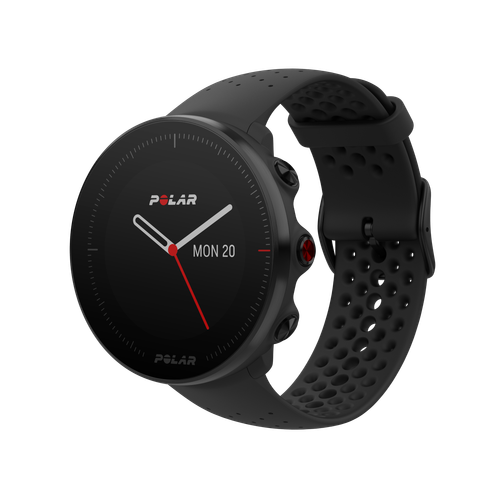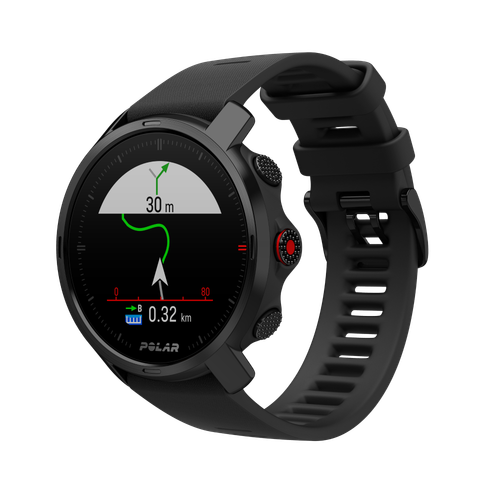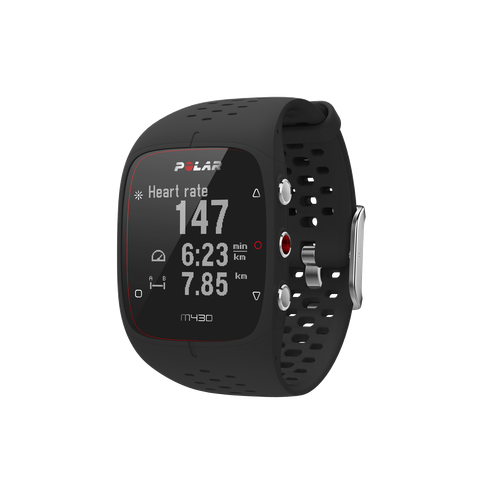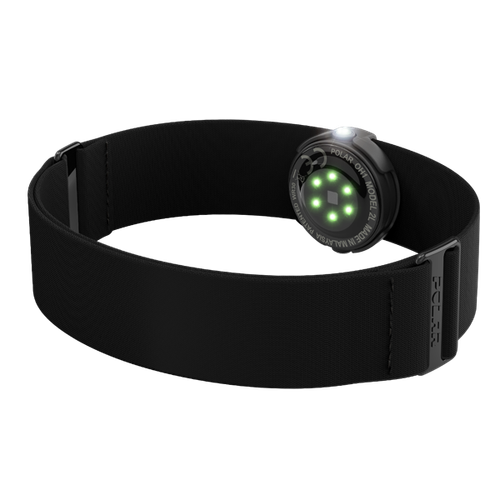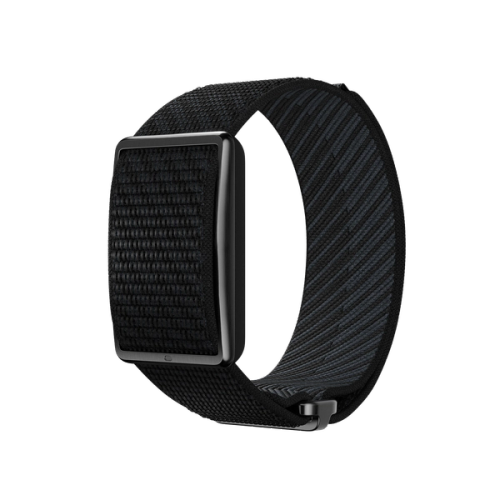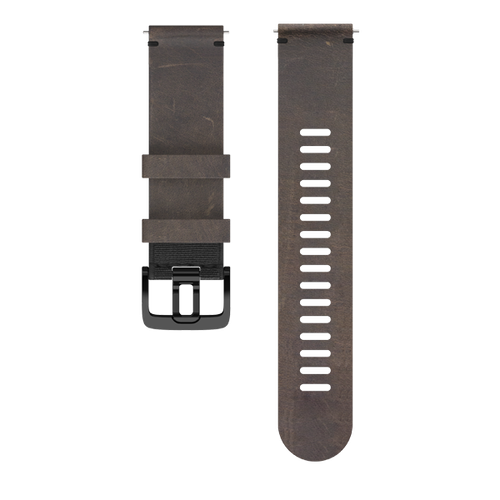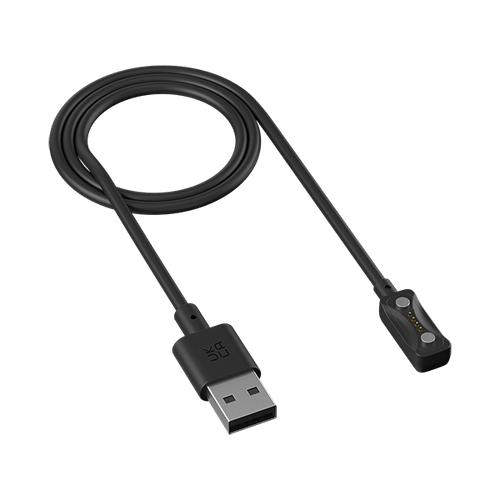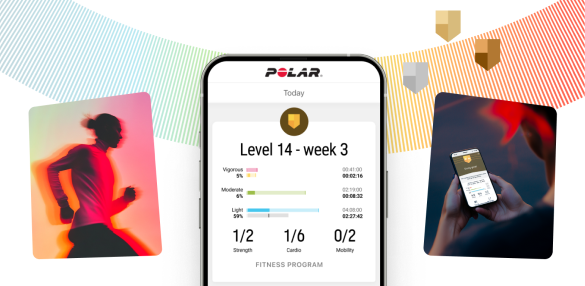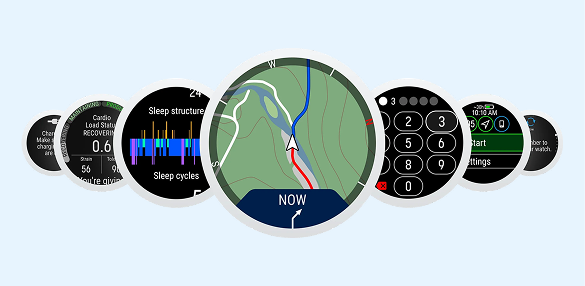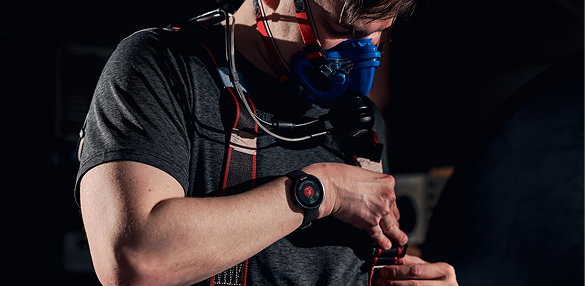A new international study has found that mobile health technology and wearable devices can motivate people with recently diagnosed type 2 diabetes to adopt and maintain an active lifestyle, potentially improving key health outcomes such as blood sugar control and blood pressure. The research, which utilized Polar watches and digital coaching platforms, highlights the potential of technology-driven interventions in diabetes care.
The study aimed to evaluate a home-based physical activity program enhanced by wearable technology and digital coaching. Researchers enrolled 125 adults aged 40 to 75 from England and Canada, all diagnosed with type 2 diabetes within the past 5 to 24 months. Nearly half (48%) were women, and the average age was 55. Participants were randomized to either the MOTIVATE-T2D intervention group—using a Polar Ignite watch with Polar Flow and Polar Flow for Coach—or an active control group that followed the same program without wearable technology.
Over the following months, participants in the intervention group followed the physical activity program, supported by feedback and data from the Polar watch—featuring a 3D accelerometer and optical heart rate monitor—and the accompanying coaching platforms. After six months, researchers analyzed metrics such as recruitment rate, retention, and adherence to purposeful exercise, along with clinical data to assess the intervention’s effectiveness.
Positive outcomes
The results show that those in the intervention group were more likely to initiate and sustain purposeful exercise at both 6 and 12 months compared to the control group. Exploratory clinical results also suggested health benefits. Among intervention participants, HbA1c levels—a key marker of long-term blood sugar control—fell by 5% at six months and remained 2% lower at 12 months compared to baseline. Systolic blood pressure also showed modest reductions, with an average decrease of 1 mm Hg at six months and 4 mm Hg at 12 months.
As a result, the authors concluded that home-delivered, technology-supported, personalized physical activity interventions could become an important too in diabetes care, helping patients adopt lasting lifestyle changes. They also called for a full randomized controlled trial to further assess clinical effectiveness and cost-effectiveness.
The study, led by Dr. Kathryn Hesketh and colleagues, was published in BMJ Open under the title: Mobile Health Biometrics to Enhance Exercise and Physical Activity Adherence in Type 2 Diabetes (MOTIVATE-T2D): a decentralised feasibility randomised controlled trial delivered across the UK and Canada.
Reference
Hesketh K, Low J,Andrews R, et al. Mobile Health Biometrics to Enhance Exerciseand Physical Activity Adherence in Type 2 Diabetes (MOTIVATE-T2D): a decentralised feasibility randomised controlled trial delivered across the UK and Canada. BMJ Open 2025;15:e092260. doi:10.1136/bmjopen-2024-092260
Read the full article here: BMJ Open, 2025;15:e092260
 Polar Vantage M3
Polar Vantage M3
 Polar Grit X2 Pro Titan
Polar Grit X2 Pro Titan
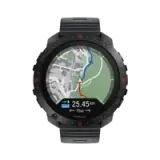 Polar Grit X2 Pro
Polar Grit X2 Pro
 Polar Grit X2
New
Polar Grit X2
New
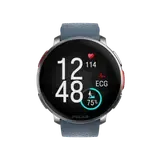 Polar Vantage V3
Polar Vantage V3
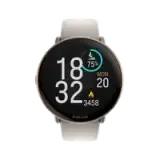 Polar Ignite 3
Polar Ignite 3
 Polar Ignite 3 Braided Yarn
Polar Ignite 3 Braided Yarn
 Polar Pacer Pro
Polar Pacer Pro
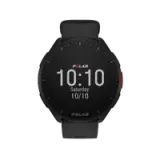 Polar Pacer
Polar Pacer
 Polar Unite
Grit X Series
Vantage Series
Pacer Series
Ignite Series
Polar Unite
Grit X Series
Vantage Series
Pacer Series
Ignite Series








